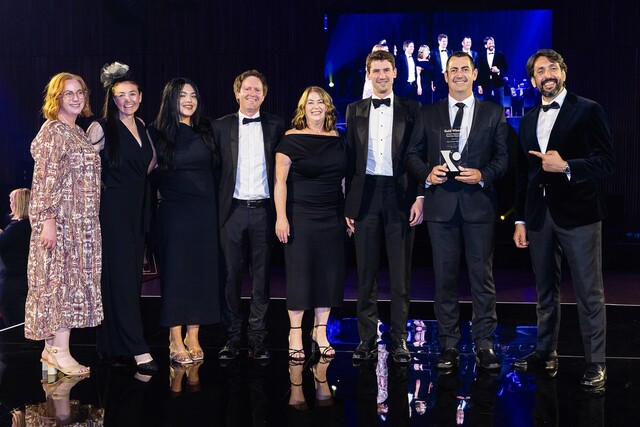In what is likely to be the first amalgamation under the current Western Australian boundary review process, at the instigation of both the Town and Shire of Albany, all Councillors have resigned, making way for the appointment of Commissioners to oversee the merger process. Local Government Minister Paul Omodei, has also announced that he has accepted a recommendation from the Local Government Advisory Board that the suburb of Maylands and a small part of Mt Lawley be transferred from the City of Stirling to the City of Bayswater.
Shadow Minister for Local Government, Mark McGowan points to the fact that, except for these imminent changes and the splitting of the City of Perth, there has been little reform of Local Government boundaries during the five year’s of the present Government. He said a recent letter from the Minister, sent to all Councils, indicates that the reform process in relation to ‘doughnut’ Councils is too slow.
A supporter of reform along the lines of South Australia, where there is a high level of consultation and local involvement, Mark McGowan said the culture of uncertainty concerning change pervading Local Government needs to be addressed.
He also believes the City of Wanneroo, with some 207,000 residents, should be split. As a result of last year’s Royal Commission, Commissioners have also been appointed at the City of Wanneroo. A subsequent Inquiry concerning the future of the Council is due to be released in the near future.
The Wanneroo Royal Commission was set up to investigate allegations of corruption between 1986 and 1992. It found no evidence of systemic corruption in the City of Wanneroo, but there were findings of corrupt behaviour by individuals and widespread use of improper practices involving both Councillors and Council staff.
However, in his report, Commissioner Davis, stated that the problems of government and administration experienced at Wanneroo over that period ‘were not unique to that City’. This general aspersion upon Local Government has not been welcomed by the Western Australian Local Government Association.
WAMA has written to the Premier requesting he call upon Commissioner Davis for formal retraction of the generalist remarks made in the Royal Commission concerning elected members and officers.
“That statements that fan the commonly held prejudices about Local Government could be made, with no broad based evidence to back them up, is most unfortunate,” said Tim Shanahan, Executive Director of WAMA. “We will not win our case merely through denial. We must show that the general comments of the Royal Commission are ill founded. We can demonstrate that they are incorrect and that there are very positive and accountable issues being addressed in Local Government.”
WAMA is currently working with the Department of Local Government and Institute of Municipal Management, through a tripartite committee, to develop a response to issues raised by the Royal Commission. A recent document produced by the Department of Local Government, titled ‘In the Public Interest’, aims to alert Councils to problems revealed at Wanneroo, ‘to consider best practice in the areas under discussion and to suggest, where appropriate, ways of avoiding such problems in the future’.
It covers the following issues.
- The basis of good decision making
- Minute keeping
- Lobbying, gifts and election donations
- Disclosure of financial interests
- Conflicts of interest
- Development proposals and building projects practices and procedures
- Financial procedures
- Factions.
















